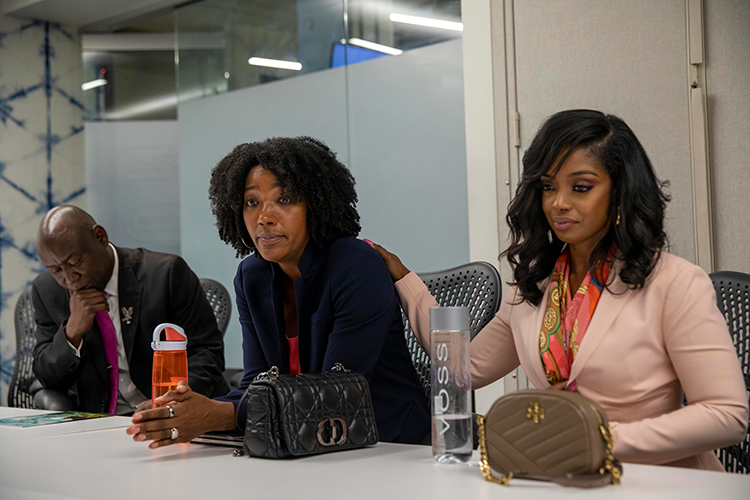3rd Circuit Bars Child Porn Prosecution of Teen in Sexting Photo
A federal appeals court has upheld an injunction that bars the child pornography prosecution of a teen girl in Pennsylvania who appeared topless in a photo that ended up on high school students’ cell phones.
The opinion by the 3rd U.S. Circuit Court of Appeals is the first decision by a federal appeals court involving “sexting,” according to the New York Times, the Associated Press, the Legal Intelligencer and the Philadelphia Inquirer. The opinion (PDF) found that the teen and her mother had a likelihood of success on the merits of their First and 14th Amendment claims.
The Philadelphia-based appeals court said there was no evidence the girl was involved in distribution of the photo and no probable cause to bring charges, the Legal Intelligencer story says. As a result, the district attorney’s threat to prosecute unless she attended a class and wrote an essay about her misdeed was compelled speech and a violation of the First Amendment, the court concluded.
The opinion also said the prosecutor had violated the 14th Amendment rights of the girl’s mother when he sought to coerce participation in the class, the Legal Intelligencer reports. The original prosecutor in the case, Wyoming County District Attorney George Skumanick Jr., lost his bid for re-election in November.
“An individual district attorney may not coerce parents into permitting him to impose on their children his ideas of morality and gender roles,” the court said.
The panel declined to reach the broader issue of whether sexting photos are free speech protected by the First Amendment, according to the Inquirer. Instead, the ruling was based on the threat of retaliation for the girl’s exercise of her constitutional rights not to attend the training program.
The case began in October 2008 when high school officials in Tunkhannock, Pa., north of Scranton, discovered photos of scantily clad and nude female students on several students’ cell phones. Skumanick told parents he would prosecute 13 girls and three boys unless they participated in his class; all but three of the girls agreed to participate. The case became moot for two of the girls—12- or 13-year-olds pictured in training bras at a sleepover—after the district attorney opted not to prosecute them.



